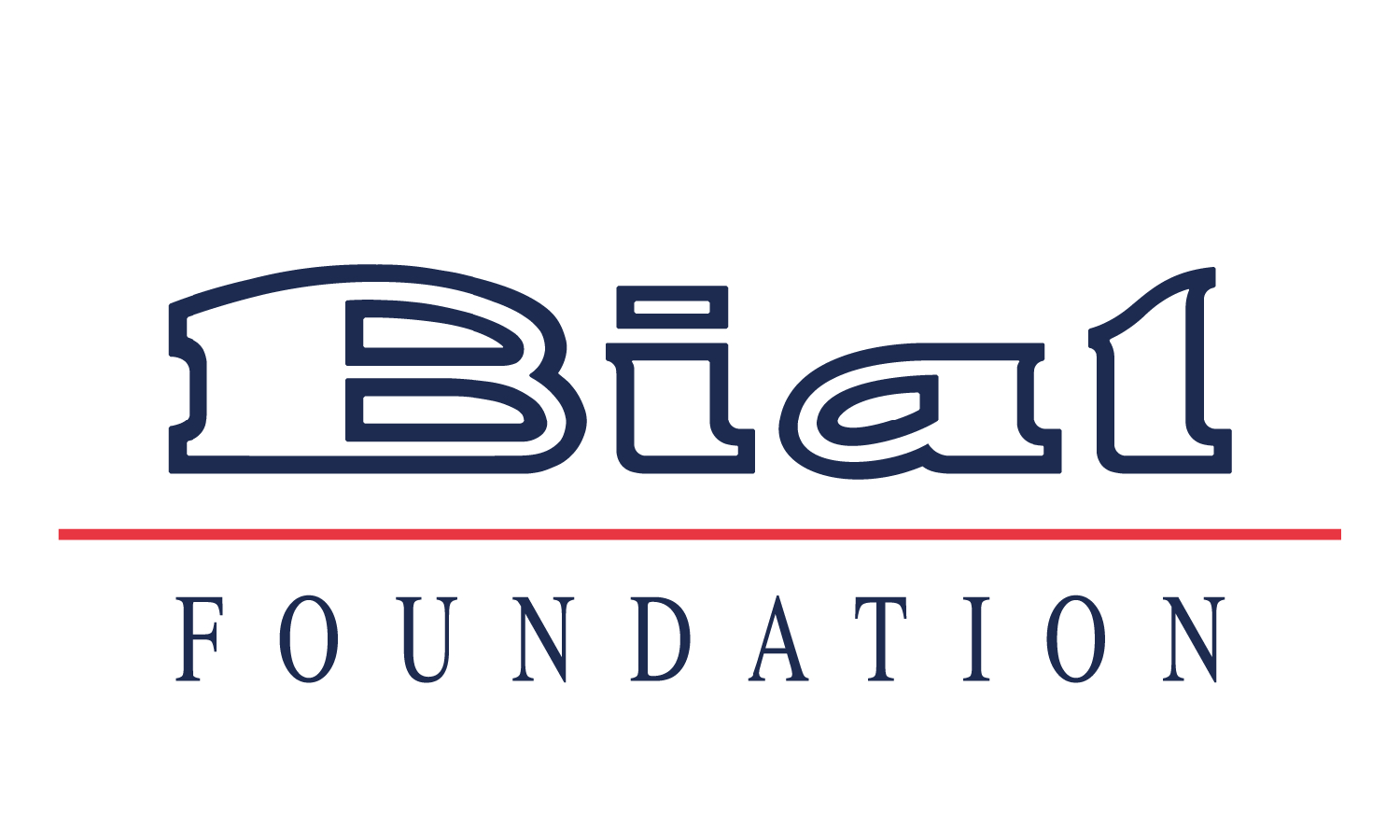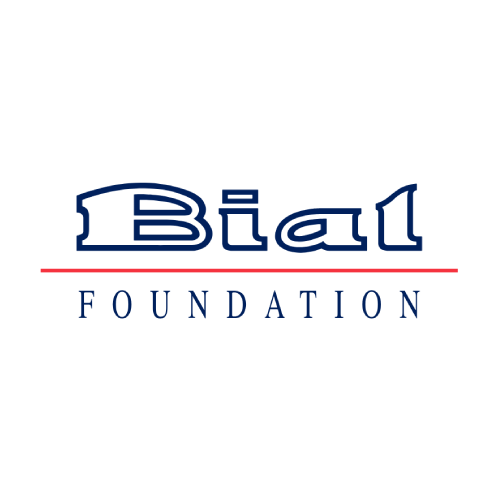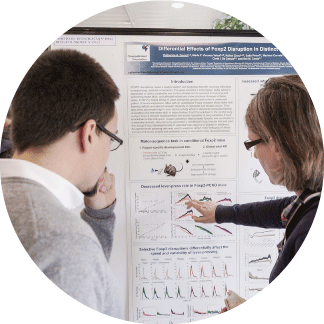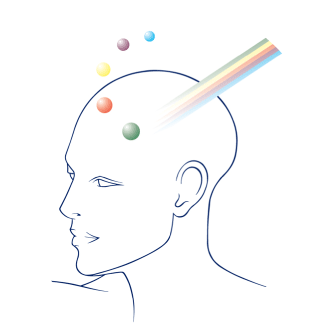News
Top Stories

Can highly superior autobiographic memory enhance creativity?
Constructive episodic processes relevant to creative thinking are not enhanced in individuals with highly superior autobiographical memory performance.

Do women show greater engagement for multitasking?
A study involving 167 UK participants showed that women believed to be consistently stronger on multitasking than men.

Does age change the dream recall?
Study reveals that there are no relevant differences between dream recall in young adults and in the elderly.
News

Is the ability to inhibit actions influenced by emotional stimuli?
The ability to inhibit ongoing motor actions is essential to avoid detrimental consequences. Effective inhibition depends mainly on the functioning of several areas, such as the pre-supplementary motor cortex (pre-SMA). The research team, led by Sara Borgomaneri, explored possible changes in the ability of 66 participants to inhibit actions upon facing emotionally negative or neutral human body postures, presented in a stop signal task, before and after the application of a session of repetitive transcranial magnetic stimulation (rTMS) over the pre-SMA, the right inferior frontal gyrus (rIFG) and the left primary motor cortex (lM1). They observed a shorter reaction time to emotionally negative stimuli after applying an inhibitory rTMS session to the pre-SMA. On the other hand, there was a shorter reaction time to neutral body postures after administration of rTMS over rIFG. No significant changes were observed after lM1 stimulation. These results support the existence of emotional effects on motor control systems and provide evidence that such effects may involve separate and distinct neural pathways from those associated with motor inhibition in neutral contexts. This study was developed within the scope of the research project 33/22 - The influence of emotions on actions: Boosting brain network plasticity to improve action control, supported by the BIAL Foundation, and published in the scientific journal Annals of the New York Academy of Sciences, in article The role of pre-supplementary motor cortex in action control with emotional stimuli: A repetitive transcranial magnetic stimulation study.
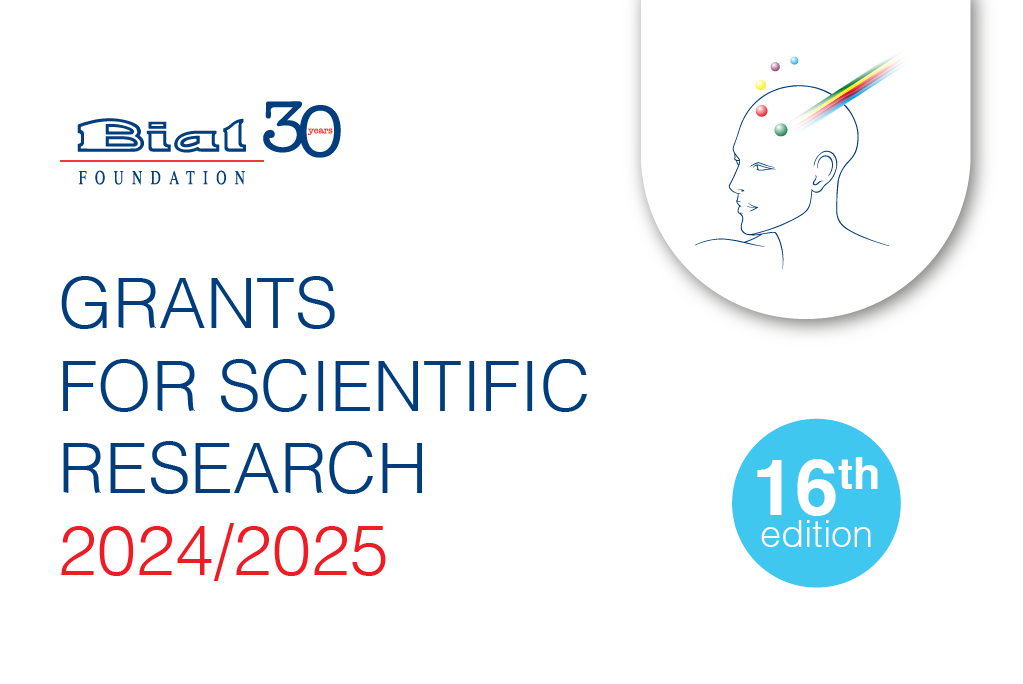
Grants for Scientific Research 2024/2025: applications are open until August 31
With the aim of encouraging research into the healthy human being, both from the physical and spiritual point of view, the BIAL Foundation now opens a new call for its Grants Programme for Scientific Research 2024/2025 in the areas of Psychophysiology and Parapsychology.

Prémio BIAL de Medicina Clínica 2024: applications are open until August 31
Applications are now open for the 21st edition of the Prémio BIAL de Medicina Clínica. The deadline for applications is August 31.

